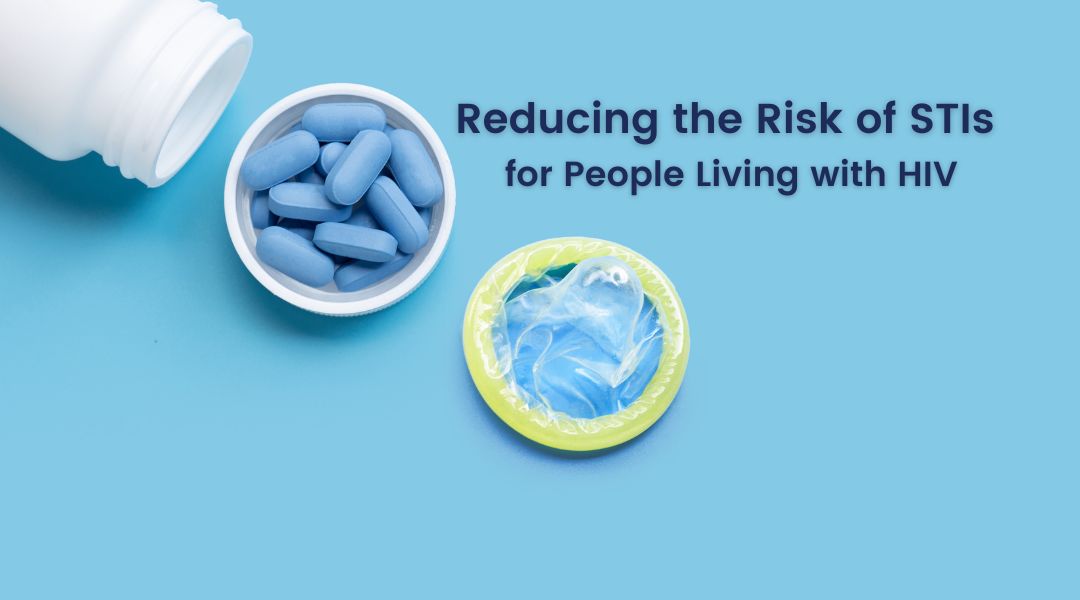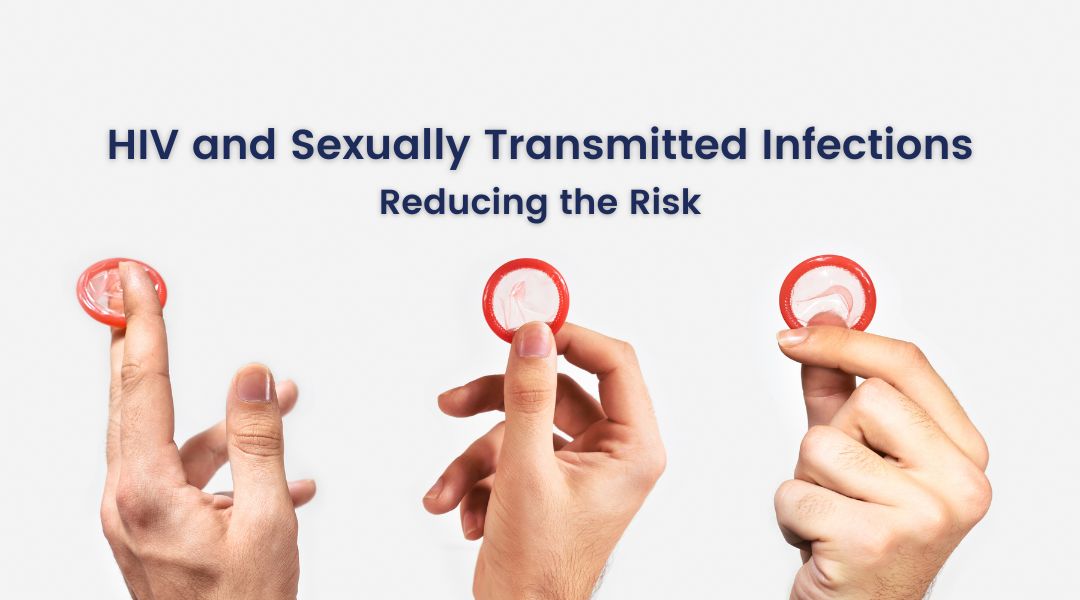People living with HIV are at a higher risk of acquiring sexually transmitted infections (STIs). STIs can have a negative impact on the health of people living with HIV, including increasing the risk of transmitting HIV to others. In this article, we’ll explore the relationship between HIV and STIs and provide resources for reducing the risk of STIs for people living with HIV.
The Relationship Between HIV and STIs
People living with HIV are at a higher risk of acquiring STIs due to the impact of HIV on the immune system. HIV can weaken the immune system, making it more difficult for the body to fight off infections. Additionally, some STIs can increase the risk of acquiring HIV.
The following STIs are of particular concern for people living with HIV:
Gonorrhea
Gonorrhea is a bacterial infection that can affect the genitals, rectum, and throat. Gonorrhea can increase the risk of acquiring HIV, and people living with HIV are more likely to have more severe gonorrhea infections.
Chlamydia
Chlamydia is a bacterial infection that can affect the genitals, rectum, and throat. Chlamydia can increase the risk of acquiring HIV, and people living with HIV are more likely to have more severe chlamydia infections.
Syphilis
Syphilis is a bacterial infection that can affect the genitals, rectum, and other parts of the body. Syphilis can increase the risk of transmitting HIV, and people living with HIV are more likely to have more severe syphilis infections.

Reducing the Risk of STIs for People Living with HIV
Reducing the risk of STIs is critical for protecting the health of people living with HIV. Here are some resources for reducing the risk of STIs:
Use Condoms
Using condoms consistently and correctly is an effective way to reduce the risk of STIs, including HIV. Condoms are widely available and can be purchased at drug stores or provided for free at clinics.
Get Tested for STIs
Testing for STIs is critical for preventing the spread of infections. People living with HIV should get tested for STIs regularly, as recommended by their healthcare provider.
Take PrEP
PrEP (Pre-Exposure Prophylaxis) is a daily medication that can prevent HIV transmission for people at risk of HIV. PrEP can also reduce the risk of acquiring other STIs.
Treatment
Treating STIs promptly can help reduce the risk of complications and transmission. People living with HIV should work with their healthcare provider to develop a treatment plan that addresses both HIV and any STIs.
Read more
People living with HIV are at a higher risk of acquiring STIs due to the impact of HIV on the immune system. Gonorrhea, chlamydia, and syphilis are of particular concern for people living with HIV. Reducing the risk of STIs is critical for protecting the health of people living with HIV. Using condoms, getting tested for STIs, taking PrEP, and promptly treating STIs are all resources for reducing the risk of STIs for people living with HIV. By taking steps to reduce the risk of STIs, people living with HIV can protect their health and the health of others.

